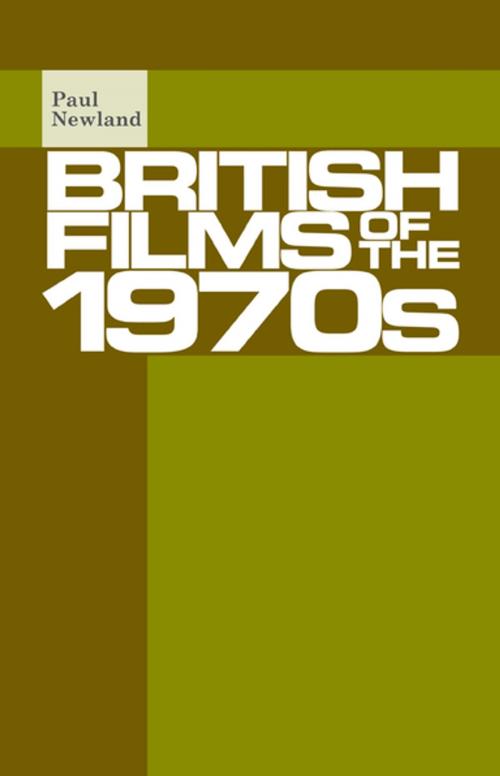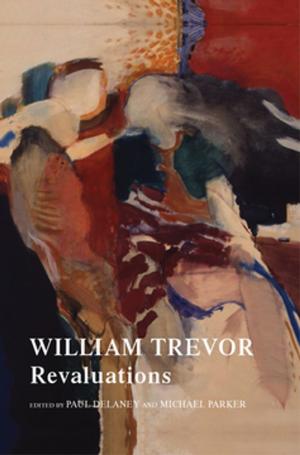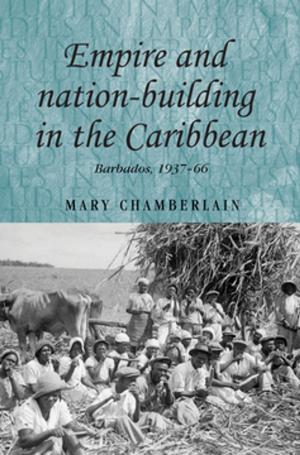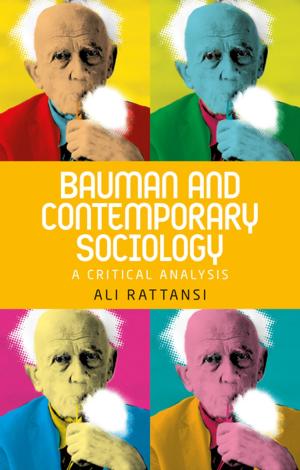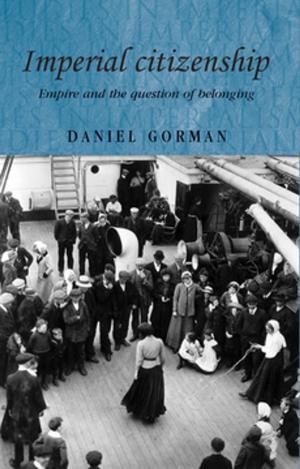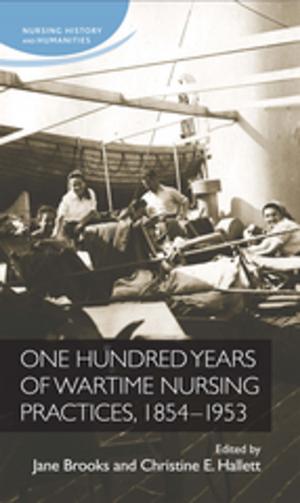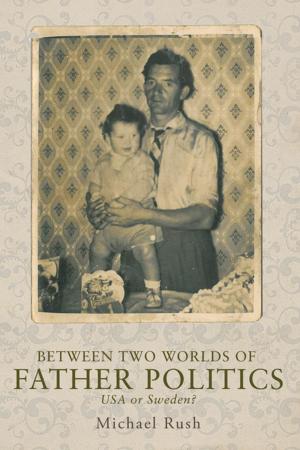| Author: | Paul Newland | ISBN: | 9781526102300 |
| Publisher: | Manchester University Press | Publication: | November 1, 2015 |
| Imprint: | Manchester University Press | Language: | English |
| Author: | Paul Newland |
| ISBN: | 9781526102300 |
| Publisher: | Manchester University Press |
| Publication: | November 1, 2015 |
| Imprint: | Manchester University Press |
| Language: | English |
British films of the 1970s offers highly detailed and insightful critical analysis of a range of individual films of the period. This analysis draws upon an innovative range of critical methodologies which place the film texts within a rich variety of historical contexts. The book sets out to examine British films of the 1970s in order to get a clearer understanding of two things - the fragmentary state of the filmmaking culture of the period, and the fragmentary nature of the nation that these films represent. It argues that there is no singular narrative to be drawn about British filmmaking in the 1970s, other than the fact that these films offer evidence of a Britain (and ideas of Britishness) characterised by vicissitudes. While this was a period of struggle and instability, it was also a period of openings, of experiment, and of new ideas. Newland looks at many films, including Carry On Girls, O Lucky Man!, That'll be the Day, The Shout, and The Long Good Friday.
British films of the 1970s offers highly detailed and insightful critical analysis of a range of individual films of the period. This analysis draws upon an innovative range of critical methodologies which place the film texts within a rich variety of historical contexts. The book sets out to examine British films of the 1970s in order to get a clearer understanding of two things - the fragmentary state of the filmmaking culture of the period, and the fragmentary nature of the nation that these films represent. It argues that there is no singular narrative to be drawn about British filmmaking in the 1970s, other than the fact that these films offer evidence of a Britain (and ideas of Britishness) characterised by vicissitudes. While this was a period of struggle and instability, it was also a period of openings, of experiment, and of new ideas. Newland looks at many films, including Carry On Girls, O Lucky Man!, That'll be the Day, The Shout, and The Long Good Friday.
